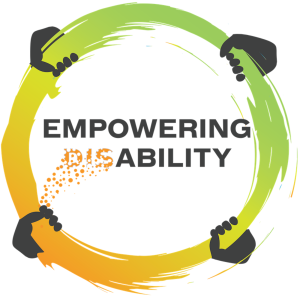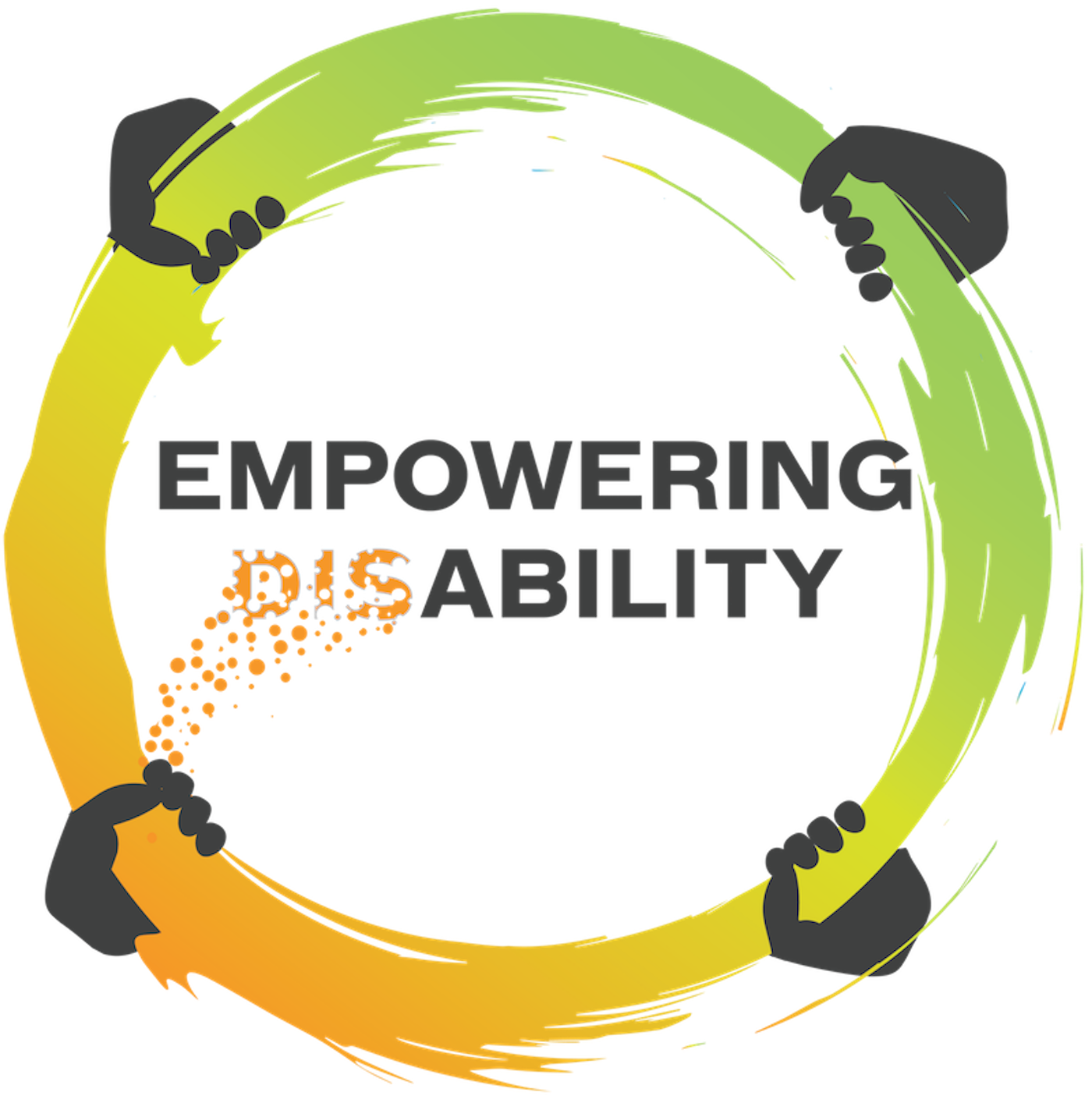Episodes

Thursday Jun 21, 2018
#047: Mindshift & Enlightened Attentiveness, with Michael Kendrick
Thursday Jun 21, 2018
Thursday Jun 21, 2018
Learn how people with disabilities have lived, how they are living, and what we have learned from renowned consultant Michael Kendrick.
[4-minute read, 65-minute listen]
It is my pleasure to bring to you episode #047 with well-known international consultant in Human Services, Michael Kendrick PhD. Michael is involved in consulting, education and evaluative work with many governments, private agencies, advocacy groups, community organizations, universities and colleges across the globe. His work has involved training, evaluations, strategic planning, critical problem solving and confidential advice in the areas of mental health, disability and aging with an emphasis on persons requiring long term support. Michael has also developed and delivered the Optimal Individual Service Design (OISD) course that is the most in-depth leadership level educational program available internationally at present. [I’ve taken Michael’s OISD course, and I personally recommend it.]
In this episode of the Empowering Ability podcast Michael Kendrick answers the questions of; How have people with disabilities lived?, How are they living today?, and, What have we learned? Michael also shares how we need to have a Mindshift to higher expectations and normalization for people disabilities, and also how we need to have enlightened attentiveness when with people.
This blog paraphrases segments of my conversation with Michael, if you find this read interesting you can listen to the conversation in its entirety by clicking play on the player below or searching ‘Empowering Ability’ on your podcast player, such as, iTunes, Spotify, Google Play, etc..
How have people with disabilities lived? and, How are they living today?
Paraphrasing from the podcast Michael shares:
People [with disabilities] have lived under different circumstances depending on what point in history, and in what culture. It is clear that people with disabilities have been treated as inferior or of less value. They have less capacity than their brothers or sisters and so on, and large numbers of people see people with disabilities as negative. This has led to people with disabilities being treated as less human. [For example] When getting medical procedures people [with disabilities] didn’t get the same anesthetic because they were different than everyone else. Also, there are people aborting people with disabilities – this is a very strong statement that they are unwanted and seen as a burden.
They [people with disabilities] live in a world of assumptions created by other people, which has big impacts on what kind of life they get to live. Everyone is subject to assumptions about them. There are two kinds assumptions; assumptions that liberate them and assumptions that hold them back. There was a time when it was believed people with disabilities couldn’t have regular jobs in the community, and now there are jurisdictions where 3 out of 4 people with disabilities have jobs in community. There was a time it was thought people with disabilities couldn’t be in regular classrooms. We see this now. In these examples a 'mindshift' has taken place. When we change our mind, we change our world. These mindsets have shifted in the last 2.5 generations, mostly in western societies, but this is moving into other societies.
This shift started in Sweden and Denmark with the Normalization principal; simply [the idea] where devalued people should be treated like everyone else. This was later translated into the theory of social role valorization. Life will get better for people with disabilities when we pay attention to what is going on in our minds and we shift our perceptions.
There is a belief that people would be better off segregated. If they are not with us, then they are somewhere else. They would be happier with their own kind, their own kind is other disabled people. Segregated sport, housing, schooling, work – there is segregated everything. We all need support to be successful, especially in new environments and social contexts.
It is a myth that people with disabilities can’t succeed in inclusive settings.
What have we learned?
We have been too conservative and cautious about the true potentials for people with disabilities. The pessimism [of others] is the problem, not the people with disabilities.
“If you treat an individual as he is, he will remain how he is. But if you treat him as if he were what he ought to be and could be, he will become what he ought to be and could be.”
- JOHANN WOLFGANG VON GOETHE
How do we hold higher expectations for people with disabilities?
If something benefits the rest of the world, it will benefit people with disabilities as well.
The application of this is called Culturally Valued Analogue (CVA). Simply, provide the same options that the rest of us have available to us. We should always do the normal thing and make it available to people with disabilities; the same activities and pastimes.
Include people with disabilities in new experiences and see what they might enjoy. Each should have the opportunity to build an interesting life for themselves. This is why the individualized option makes sense for people. This is why it is regressive to give people the same options [for example, group homes].
If people haven’t had opportunities, create new opportunities for that person. It is never too late. If people have become deprived, it is ‘overcomable’. The caution is to do it at the pace of the individual. An exploratory journey of life tasting. Even if you have been held back, you can make up for it.
Capacity for Decision Making
Some people think disability means they have no capacity at all. A truer appraisal of all of us is that we all lack capacities of one kind or another to some degree. People with disabilities certainly have capacity. They can make decisions on their own behalf, and is it better that they do that, because they will learn how to make good decisions and they will experience the consequences of the decisions that didn’t turn out to be so good - like everyone else. That is how you learn about decision making, is making decisions and practicing decision making. You can safeguard people and their vulnerabilities with decision making. They can pick their own supporters to help them with decisions in areas they feel they need support in making decisions.
People with disabilities rebel against not being able to be decision makers because they feel things are being done to them or on them, rather than with them. People are also easier to get along with when people [they] are decision makers because they don’t feel threatened, and that people [others] are there in a supportive way. Often behaviors will disappear.
There might be times were people with disabilities might not make good decisions. It would be neglectful not to support people, even when they don’t ask for it. The person might be unwilling to take support, but there are times where people can intervene, but it must be done respectfully. If people are concerned about us, they ought to be able to share their concerns about our decisions. You are not giving up the ability to influence, but you are giving up the control of the individual.
On the podcast, Michael discusses his views on circles of support, and how they can benefit an individual.
Why is investment in group homes an outdated idea?
In summary:
-
It is based on the assumption that people with disabilities should live together. We [everyone else] chose to live with people we are compatible with.
-
It is forced shared living.
-
It creates the idea that it is the only option for people.
-
There are much better options. Individualized one person at a time is much better because it gives you much more choice.
Many jurisdictions have a freeze on the growth of segregated living.
Michael’s Challenge To Everyone:
Give people with disabilities quality attention when you are with them. If you pay attention to people a lot of things about people and their lives will become more clear to you. Pay attention. Let us get instructed by them, simply by knowing the person and getting to know them better. Be really attentive to learning who they are and what their life is like. We don’t know where this will take us, but this will raise our consciousness and change us for the better. One great shortcoming we all have is that we don’t take people with disabilities seriously enough. I think the antidote to that is ‘enlightened attentiveness’ to the person and let it go where it goes. It is the most deeply respectful thing we can do, is to pay attention to a human being.
On the podcast, I give my perspective on how we can practice enlightened attentiveness and I share a story of my sister (Sarah) which is a good example of my 'mindshift' of doing WITH Sarah, instead of FOR Sarah. If you are interested in my insights take a listen to the podcast.
A big thank you to Michael Kendrick for coming on the podcast and sharing his wisdom. If you received value from reading this blog or listening to this podcast episode I encourage you to share it with someone else you feel would benefit.
Love & Respect,
Eric Goll
Resources:
Video Insights from Michael Kendrick: Click here for youtube videos


4 years ago
Great information and motivational belief! So very accurate!